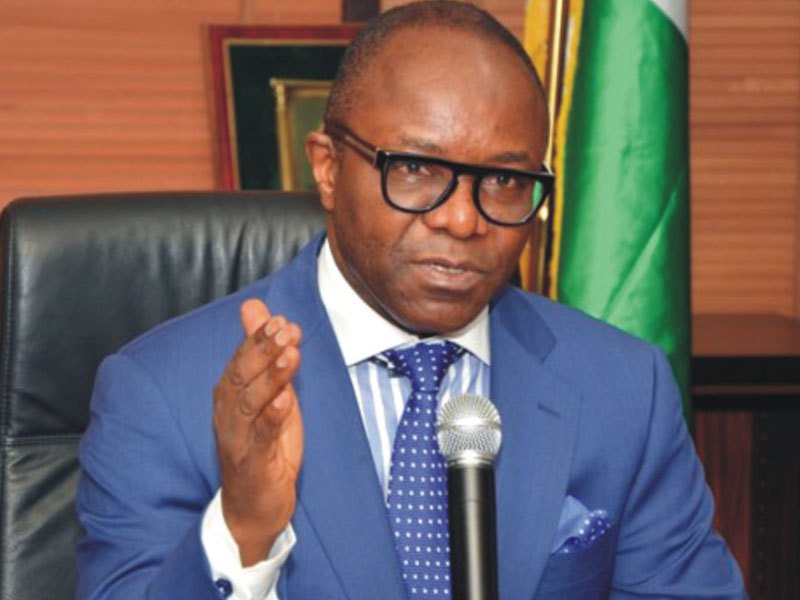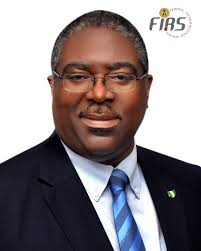With petroleum products scarcity across major industrial hubs in the country assuming more worrisome dimension over the past week, especially Lagos, Abuja, Port Harcourt and Kano, there are strong indications that the recent positive tractions in the economy may be reversed.
BRTnews.ng reports that the fuel situation in the country has not abated even as the deadline given the Nigeria National Petroleum Corporation’s (NNPC’s) leadership by the Federal Government to end the problem within 48 hours has not really achieved much. Vehicular queues remain strong in all the cities as at the time of filing this report.
In Abuja, a fuel dealer who simply identified himself as Jide, told our correspondent yesterday that the government’s directive may be mere political statement “as none of the oil marketers is importing fuel now due to costs of the products which if allowed to be determined by market forces would see Premium Motor Spirit (PMS), that is what people call petrol, pump price to be between N160 and N165 per litre.
“So, for now only the NNPC is bringing in products but their challenge appears to be distribution logistics problems. Well, they may try but I doubt if the deadline set for them by government to end queues in all petrol stations is feasible, especially if you know what goes on in the depots in attempts to load the tankers is”, he said.
It would be recalled that economy showed some improvements in the third quarter as the GDP grew by 1.40%. According to data provided by the National Bureau of Statistics, NBS, the growth was driven largely by improvement in the Agricultural sector and increased oil production.
However, some sectors such as construction, trade and service contracted, indicating the need to consolidate the recovery process through policies that will boost growth of the non-oil sector.
To consolidate on the recovery trend, the Monetary Policy Committee of the Central Bank of Nigeria, (CBN), had at its last meeting held on November 21-22 this year noted that the the continuous positive outlook of Manufacturing Purchasing Managers Index (PMI), which stood at 55.0 index points in October 2017, indicating expansion in the manufacturing sector for the seventh consecutive months remained critical.
In addition, the committee also pointed out the need to sustain growth in the non-manufacturing sector, whose PMI index showed growth for sixth consecutive months, with 55.3 index points in October 2017.
It would be recalled that in recent weeks, rumours that the government was planning to review petroleum products’ pump prices upwards were rife in the public domain. But government officials have consistently debunked the rumours, saying they are the figment of imagination of the peddlers.




